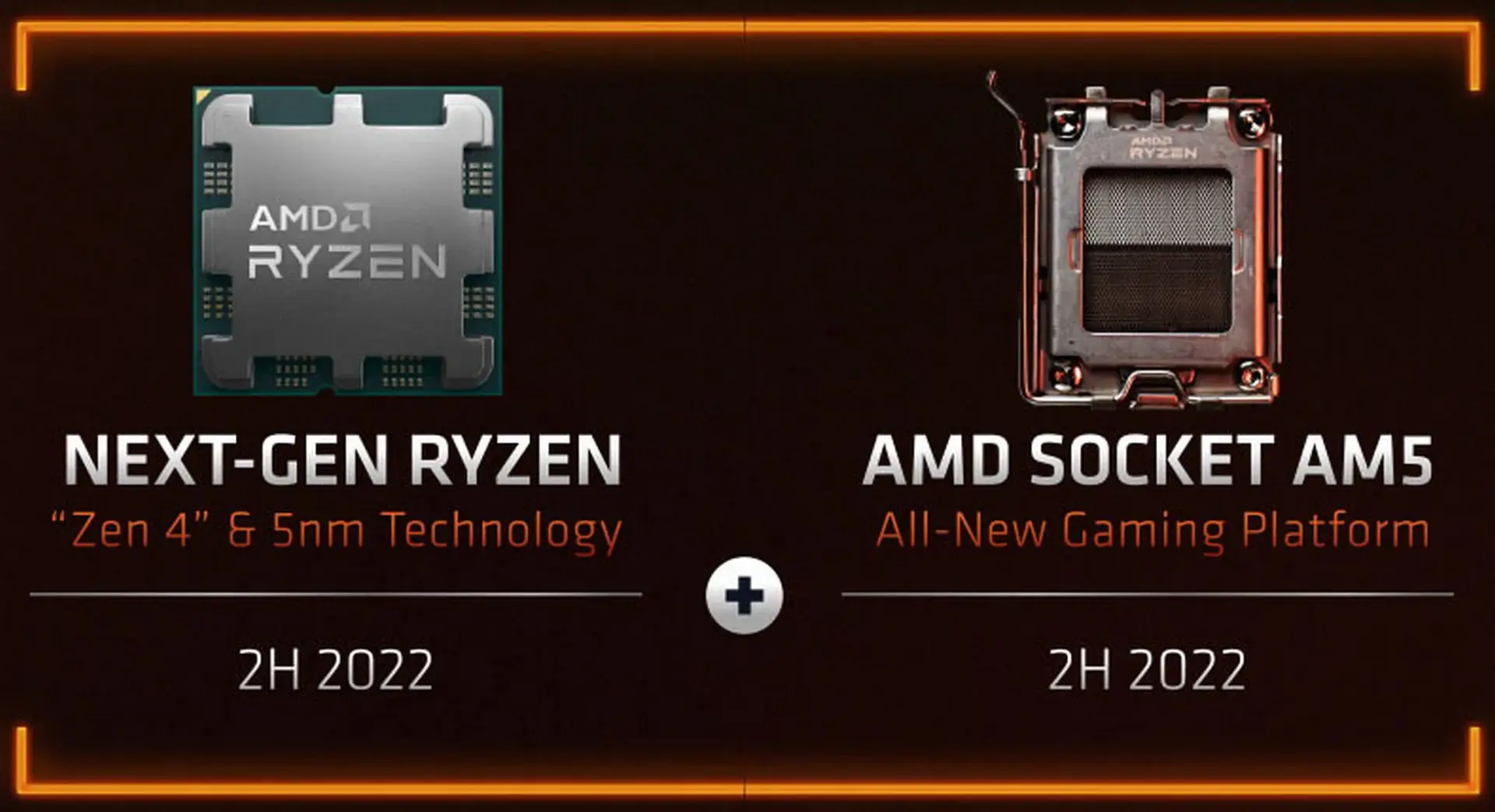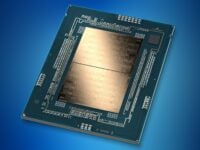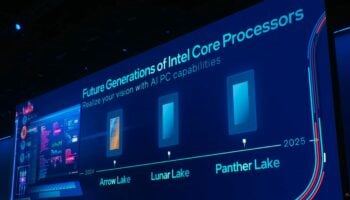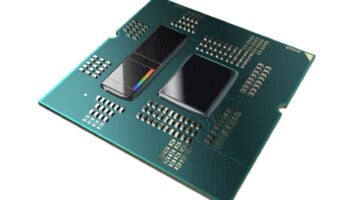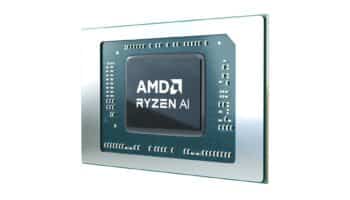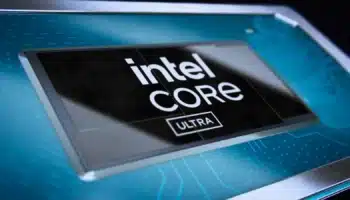AMD’s Ryzen 7000 CPUs will land later this year with the AM5 platform to challenge Intel’s 12th Gen Alder Lake-S offerings. Zen 4 cores fabbed on TSMC’s 5nm process node, DDR5 memory, and enhanced overclocking support are some of the key upgrades expected from this lineup. According to sources close to TomsHardware, DDR4 memory won’t be compatible with these chips which will dissuade many from upgrading.
AMD’s Zen architecture has been sensitive to memory bandwidth and latency from the very beginning, so the decision to drop DDR4 support is likely to ensure optimal performance. This will, however, be a major disadvantage over Intel’s 13th Gen Raptor Lake-S processors which like their predecessors will continue to support DDR4 memory.
At the moment, DDR5 memory is at least 2-3x more expensive than comparable DDR4 memory kits. You won’t find any 32GB (16GB x2) DDR5-6000 modules under the $350 mark which is pretty steep given that you can get DDR4-3600 kits for just $100. 6400 MT/s DIMMs are even more expensive, coming close to the $500 mark across most etailers.
Tom’s confirms that neither the X670 nor the B650 boards will come with support for DDR4 memory. There’s a chance that the low-end A620 chipset might integrate support for the older memory standard but that’s highly unlikely considering that every other chipset in the family doesn’t.
In other AM5 news, it looks like AMD will use a chiplet design for its motherboard chipsets as well. The X670 boards will consist of two chiplets fabbed on TSMC’s 6nm node, designed by ASMedia. The midrange B650 boards will continue to use a single 6nm chipset.
AMD has promised PCIe Gen 5 support for its AM5 platform but not the Ryzen 7000 processors which makes me wonder whether the Zen 4 consumer platform will actually be limited to Gen 4. The B650 chipset reportedly comes with eight PCIe Gen 4 lanes, although Gen 5 may be available on certain chips. The higher-end X670 platform will pair two B650 chips for a total of 16 PCIe Gen 4 or Gen 5 lanes, plus another 8 or 16 from the CPU.
